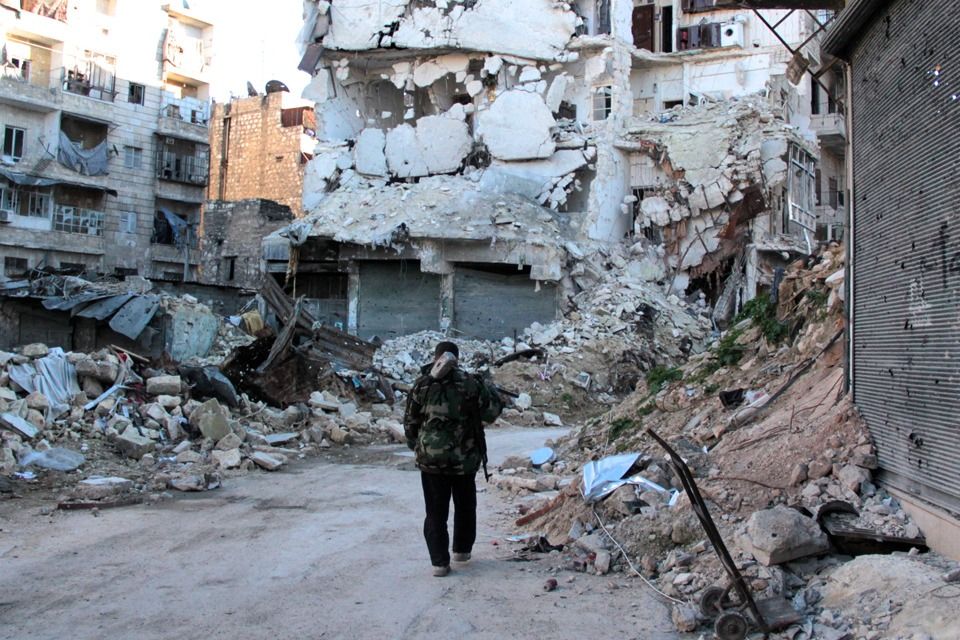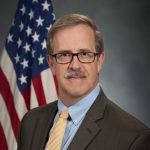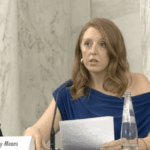Terrorists sometimes use chemical weapons, but the OPCW should focus on states
By Al Mauroni | November 30, 2018
 The Syrian city of Aleppo depicted in the midst of a still ongoing civil war. Credit: British Foreign and Commonwealth Office / Basma CC BY-ND 2.0
The Syrian city of Aleppo depicted in the midst of a still ongoing civil war. Credit: British Foreign and Commonwealth Office / Basma CC BY-ND 2.0
Following an alleged gas attack in Syria this month, the Organization for the Prohibition of Chemical Weapons (OPCW) announced plans to send a team to investigate. This time, the organization will be armed with new powers to assign blame for attacks. A lot of media attention has focused on the organization’s widened mandate and the efforts by Russia to curtail it. But that’s not the only example of the OPCW striving to broaden its focus. As the organization’s members finish their every-five-year strategy meeting at The Hague this week, there is an opportunity to critically examine the OPCW’s desire to expand its efforts to address incidents of chemical terrorism. Specifically, in a recent memo to member states, the OPCW’s Technical Secretariat called for the organization’s activities to be “intently reshaped” to consider the threat non-state actors pose to global chemical security. This is an overreach by the OPCW; While its efforts may be supportive of that noble goal, the very rare use of hazardous chemicals by non-state actors does not, in fact, “threaten the object and purpose” of the treaty.
Understandably, some are concerned by the Islamic State’s recent use of chemical warfare agents as well as with Russia, Syria, and North Korea’s. It is certainly prudent to revisit the international arms control regime to examine how countries might counter this resurgence of chemical weapons use with existing government programs. As a policy issue, however, the OPCW shouldn’t divert its time and resources from its mission of implementing the Chemical Weapons Convention (CWC), which tasks it with prohibiting the development, production, and use of chemical weapons among the signers of the treaty. One has to ask the question, has the United Nations clearly defined this policy challenge, and is the OPCW, in fact, the right organization to attempt to address it?
Any policy effort should be in response to a defined challenge against which the organization’s constituents agree requires a formal response. In this case, the OPCW membership believes that chemical terrorism is an international challenge and that it should assist in global anti-terrorism efforts. This is a faulty assessment for the following reasons:
-The terrorists who might use prohibited weapons are not parties to the treaty and their use of chemicals as improvised weapons cannot be contained.
-The actual incidence of terrorists using chemical weapons is so small as to be insignificant to the overall trend of terrorist activities.
-The overwhelming majority of chemical terrorism cases are single, small-scale events and not mass casualty incidents.
-The OPCW member countries are already equipped to address the relatively minor threats posed by non-state actors.
The OPCW Technical Secretariat does understand that trying to constrain illicit access to toxic chemicals is a significant challenge, involving commercial industry’s use of massive quantities of thousands of chemicals. More to the point, the purpose of arms control is to limit the behavior of countries who voluntarily agree to particular constraints during times of war. War-making is a creation of state behavior and is distinct from banditry, insurrections, or terrorist activity. International humanitarian law recognizes armed conflict between government forces and non-governmental armed groups, but to be clear, arms control does not apply to the behavior of non-state actors. Given the considerable availability of industrial chemicals and lack of compliance by non-state actors, it is questionable as to how any actions that the OPCW undertakes will alleviate this challenge.
The actual incidents of chemical terrorism, focusing on those cases that affected more than 10 people, are so few every year as to be unremarkable. The US State Department lists about 70 foreign terrorist organizations, of which maybe two have been documented as using industrial chemicals in acts of violence or conflict. In its annual report on terrorism for 2017, the State Department identified more than 8,500 terrorist attacks that resulted in more than 18,700 deaths and nearly 19,500 injuries. Of those, 93 assaults did not include explosives or firearms, that is, they involved melee weapons, chemical weapons, or the use of vehicles as weapons. If one rules out the Islamic State’s use of improvised chemical weapons against Iraqi military forces, the number of chemical weapons cases is surely in the single digits. The intelligence community, in unclassified testimony to Congress, has often stated that the availability of chemical and biological materials, along with the scientific expertise of personnel who may be working with non-state actors, means that the threat is growing. The complete lack of any trend of successful terrorist chemical or biological attacks belies this assumption.
Managing the risk of a terrorist chemical incident means understanding the severity of the event as well as the probability. Aum Shinrikyo’s attack on the Tokyo subway in 1995 stands out as perhaps the most significant case, causing 12 deaths and about a thousand temporary injuries as the result of nerve agent exposure. The Islamic State is believed to have used a crude form of mustard agent in limited attacks against US forces and Iraqi troops, often without causing any injuries. Terrorists have not caused mass casualties using chemical agents in more than 20 years. Instead, they are overwhelmingly using conventional firearms and explosives. And when a few organizations do use chemicals, they have limited to no impact. Given these facts, should the OPCW be spending significant time and resources against this challenge?
Last, let’s be clear that the lead agencies for combating terrorism are hardly helpless in this area. If OPCW members think the organization needs to respond more aggressively to chemical terrorism, they already have a solution: prevent the terrorists from implementing their plans. In the United States, the State Department works diligently with other nations on global terrorism issues. The National Counterterrorism Center coordinates the intelligence community’s collection of information on WMD proliferation issues. And the Federal Bureau of Investigation has a Counterproliferation Center to identify and disrupt proliferation networks that might move WMD program-related materials. The US Special Operations Command has a particular focus on combating terrorists who may have ambitions of obtaining these weapons. Meanwhile, the Department of Homeland Security coordinates with federal, state, and local agencies on how to prepare for and respond to such incidents. Every country has similar organizations. The solution already exists.
This is not to say that the OPCW’s efforts do not contribute to decreasing the threat of chemical terrorism. Everyone benefits when countries talk to each other about improving chemical security standards, developing a legal framework to punish those who illicitly traffic in chemical materials, or sharing technologies and procedures for responding to chemical incidents. At best, these are small contributions to an already significant chemical security effort. But countries are responsible for preventing and responding to terrorist chemical incidents and attributing them to a non-state actors. The OPCW should focus its valuable time and resources on retaining its qualifications as unbiased, neutral arbiters of state behavior.
Together, we make the world safer.
The Bulletin elevates expert voices above the noise. But as an independent nonprofit organization, our operations depend on the support of readers like you. Help us continue to deliver quality journalism that holds leaders accountable. Your support of our work at any level is important. In return, we promise our coverage will be understandable, influential, vigilant, solution-oriented, and fair-minded. Together we can make a difference.
Keywords: Chemical Weapons Convention, OPCW, chemical weapons
Topics: Analysis, Chemical Weapons, Disruptive Technologies















